For many of us, the issues we are facing in our homes, workplaces, communities and nations are becoming increasingly complex.
Many of these issues are personal, involving faith, families and how we live peaceably with each other, despite different views and choices.
To help individuals and families cope in the modern world and to preserve the time-honoured freedom to choose, leaders of The Church of Jesus Christ of Latter-day Saints have provided a great deal of perspective and guidance.
The following quotes by Latter-day Saint prophets and apostles speak to some of the principles and practices that can help individuals and families successfully navigate the challenges they face.
FAITH
President Thomas S. Monson: Faith 1
The president of The Church of Jesus Christ of Latter-day Saints, Thomas S. Monson, said in April of 2016, “I have been thinking recently about choices. It has been said that the door of history turns on small hinges, and so do people’s lives. The choices we make determine our destiny . . .
“May we choose to build up within ourselves a great and powerful faith which will be our most effective defense against the designs of the adversary—a real faith, the kind of faith which will sustain us and will bolster our desire to choose the right. Without such faith, we go nowhere. With it, we can accomplish our goals.” 1
-1_2.jpg)
Elder Jeffrey R. Holland: Faith 2
On the subject of faith, Elder Holland addressed a group of Boy Scout Leaders in the U.S. on 16 May 2016 and said, “In a day when some people are using religious faith to divide the human family, this little gathering is a bold declaration that commitment to Deity can and should be a powerful, uniting force in this world.” 2
President Dieter F. Uchtdorf: Faith 3
In April of 2016, President Deiter F. Uchtdorf, First Counsellor in the First Presidency of the Church, said, “Over time, you will recognize [Jesus Christ’s] hand in your life. You will feel His love. And the desire to walk in His light and follow His way will grow with every step of faith you take.”
“We call these steps of faith ‘obedience.’
“That is not a popular word these days. But obedience is a cherished concept in the gospel of Jesus Christ because we know that “through the Atonement of Christ, all mankind may be saved, by obedience to the laws and ordinances of the Gospel.”
“As we increase in faith, we also must increase in faithfulness...
“You and I may speak most eloquently of spiritual things. We may impress people with our keen intellectual interpretation of religious topics. We may rhapsodize about religion and “dream of [our] mansion above.’ But if our faith does not change the way we live—if our beliefs do not influence our daily decisions—our religion is vain, and our faith, if not dead, is certainly not well and is in danger of eventually flatlining.
“Obedience is the lifeblood of faith. It is by obedience that we gather light into our souls.” 3
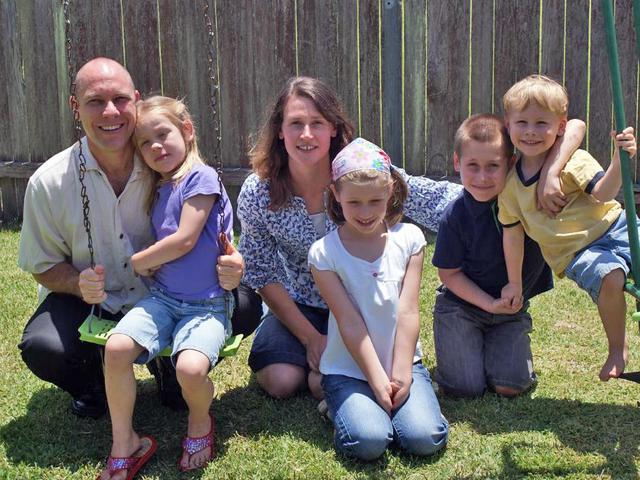
Elder Dallin H. Oaks: Faith and Opposition 4
Elder Dallin H. Oaks counselled in his April 2016 General Conference remarks, “Opposition in the form of difficult circumstances we face in mortality is also part of the plan that furthers our growth in mortality. . . .”
“Our mortal life, however, was never meant to be easy or consistently pleasant. Our Heavenly Father … knows that we learn and grow and become refined through hard challenges, heartbreaking sorrows, and difficult choices. Each one of us experiences dark days when our loved ones pass away, painful times when our health is lost, feelings of being forsaken when those we love seem to have abandoned us. These and other trials present us with the real test of our ability to endure.
“The Church in its divine mission and we in our personal lives seem to face increasing opposition today. Perhaps as the Church grows in strength and we members grow in faith and obedience, Satan increases the strength of his opposition so we will continue to have “opposition in all things.” 4
Elder Jeffrey R. Holland: Faith, Family, and Freedom 5
In his April 2016 General Conference closing remarks, Elder Holland quoted President George Q. Cannon, a former Apostle in The Church of Jesus Christ of Latter-day Saints, “ ‘No matter how serious the trial, how deep the distress, how great the affliction, [God] will never desert us. He never has, and He never will. He cannot do it. It is not His character [to do so]. … He will [always] stand by us. We may pass through the fiery furnace; we may pass through deep waters; but we shall not be consumed nor overwhelmed. We shall emerge from all these trials and difficulties the better and purer for them.’
“So keep loving. Keep trying. Keep trusting. Keep believing. Keep growing. Heaven is cheering you on today, tomorrow, and forever.” 5
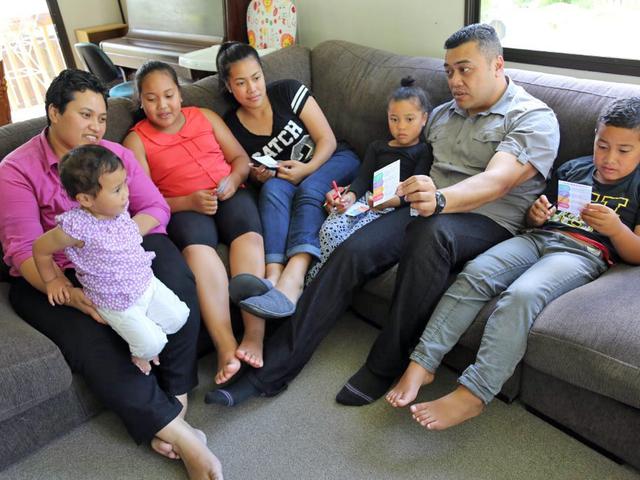
FAMILY
President Russell M. Nelson: Families and Children 6
While speaking at an international conference on families in Amsterdam in August of 2009, Elder Russell M. Nelson of the Quorum of the Twelve Apostles of The Church of Jesus Christ of Latter-day Saints emphasized the importance of children and families to the world’s future.
“Future happiness and even the future of nations is linked to children. Families with children need to be re-enthroned as the fundamental unit of society. We simply must value children more than we do.” 6
Elder M. Russell Ballard: Families 7
Speaking to the World Congress on Families in October 2015, Elder M. Russell Ballard said, “In today's world, where marriage and children are increasingly marginalized, The Church of Jesus Christ of Latter-day Saints does not stand alone in identifying the traditional family as one of its most important doctrinal elements.”
He further noted, “We must rally all the support we can to strengthen and protect our faiths, families and freedom. Some are actively trying to strip us of these rights.” 7
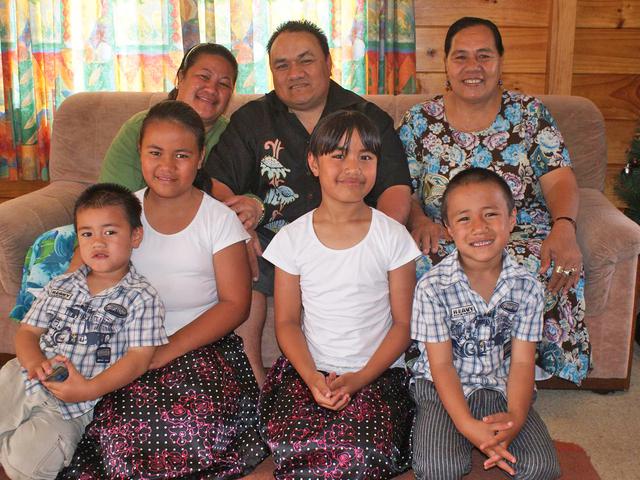
Elder Ronald A. Rasband: Family, Sabbath Day, Religious Freedom 8
At the General Conference of The Church of Jesus Christ of Latter-day Saints in April of 2016, Elder Ronald A. Rasband said, “We have sustained leaders today who, by divine inspiration, have been called to teach and guide us and who are calling out to us to beware of the dangers we face each day—from casual Sabbath-day observance, to threats to the family, to assaults on religious freedom, and even to disputing latter-day revelation. Brothers and sisters, are we listening to their counsel?” 8
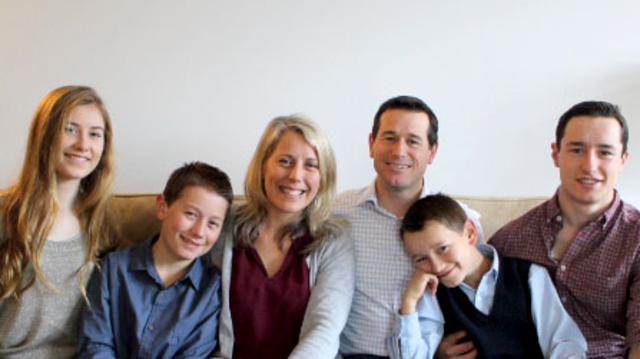
Elder M. Russell Ballard: Families, Home and Family Councils 9
In April of 2016, Elder M. Russell Ballard said, “Now, brothers and sisters, there was a time when the walls of our homes provided all the defense we needed against outside intrusions and influences. We locked the doors, closed the windows; we shut the gates; and we felt safe, secure, and protected in our own little refuge from the outside world.
“Those days are now gone. The physical walls, doors, fences, and gates of our homes cannot prevent unseen invasion from the Internet, the Wi-Fi, the mobile phones, the networks. They can penetrate our homes with just a few clicks and keystrokes.
“Fortunately, the Lord has provided a way to counter the invasion of negative technology that can distract us from spending quality time with each other. He has done this by providing the council system to strengthen, protect, safeguard, and nurture our most precious relationships.
“Children desperately need parents willing to listen to them, and the family council can provide a time during which family members can learn to understand and love one another.” 9
MARRIAGE
President Henry B. Eyring: Marriage and Family 10
Speaking at a an international Interreligious Colloquium at Vatican City on 18 November 2014, President Eyring said, “We must find ways to lead people to a faith that they can replace their natural self-interest with deep and lasting feelings of charity and benevolence. With that change, and only then, will people be able to make the hourly unselfish sacrifices necessary for a happy marriage and family life—and to do it with a smile.”
“The change that is needed is in people’s hearts more than in their minds. The most persuasive logic will not be enough unless it helps soften hearts. For instance, it is important for men and women to be faithful to a spouse and a family. But in the heat of temptation to betray their trust, only powerful feelings of love and loyalty will be enough.” 10
Elder Jeffrey R. Holland: Marriage and Family 11
In his speech (originally given to law school students and alumni in February in Washington D.C.) in 2013, Elder Holland speaks of “the importance of a family-centered society where parents ‘nourish a child’s mind and heart and spirit."
He says that, in general, "no community of whatever size or definition has enough resources in time, money, or will to make up for what does not happen at home."
He also suggests that, instead of redefining the meaning of marriage and family, "our age ought to be reinforcing and exalting that which has been the backbone of civilization since the dawn of it.” 11
Elder D. Todd Christofferson: Marriage and Family 12
Elder D. Todd Christofferson said at the World Meeting of Families in September of 2015 that “God has a plan for each of His children. Marriage and family is a central part of that plan. Our high priority on family life is based on our conviction that God created the family—and ordained family life—for His purposes. Hence the conviction that the duties of parents and families, and the principles we will discuss, are indeed 'divinely appointed.'” 12
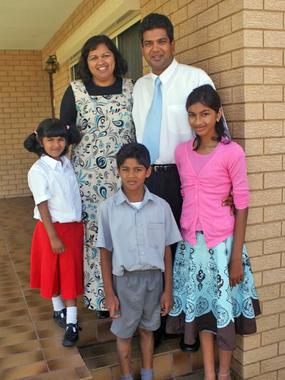
President Dieter F. Uchtdorf: Marriages, Families, and Values 13
President Dieter F. Uchtdorf counselled in April 2016, “In so many societies around the world, everything seems to be disposable. As soon as something starts to break down or wear out—or even when we simply grow tired of it—we throw it out and replace it with an upgrade, something newer or shinier.
“We do this with cell phones, clothes, cars—and, tragically, even with relationships.
“While there may be value in decluttering our lives of material things we no longer need, when it comes to things of eternal importance—our marriages, our families, and our values—a mind-set of replacing the original in favor of the modern can bring profound remorse.” 13
Elder D. Todd Christofferson: Marriage and Family 14
In April of 2015, Elder Christoffereson said, “Above the Great West Door of the renowned Westminster Abbey in London, England, stand the statues of 10 Christian martyrs of the 20th century. Included among them is Dietrich Bonhoeffer, a brilliant German theologian born in 1906. Bonhoeffer became a vocal critic of the Nazi dictatorship and its treatment of Jews and others. He was imprisoned for his active opposition and finally executed in a concentration camp. Bonhoeffer was a prolific writer, and some of his best-known pieces are letters that sympathetic guards helped him smuggle out of prison, later published as Letters and Papers from Prison.
“One of those letters was to his niece before her wedding. It included these significant insights: ‘Marriage is more than your love for each other. … In your love you see only your two selves in the world, but in marriage you are a link in the chain of the generations, which God causes to come and to pass away to his glory, and calls into his kingdom. In your love you see only the heaven of your own happiness, but in marriage you are placed at a post of responsibility towards the world and mankind. Your love is your own private possession, but marriage is more than something personal—it is a status, an office. Just as it is the crown, and not merely the will to rule, that makes the king, so it is marriage, and not merely your love for each other, that joins you together in the sight of God and man. … So love comes from you, but marriage from above, from God.’ ” 14
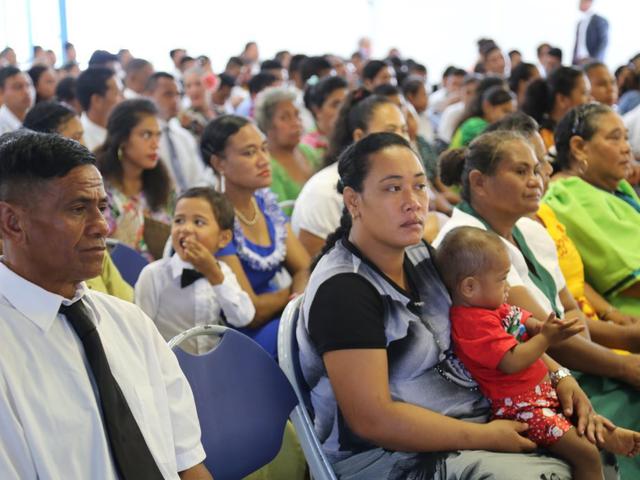
RELIGIOUS FREEDOM
Elder Dallin H. Oaks: Protecting Religious Freedom 15
In January 2015, Elder Oaks said about religious freedoms: “Because we are frequently asked for our position on these matters, the Church asserts the following principles based on the teachings of Jesus Christ, and on fairness for all, including people of faith:
• We claim for everyone the God-given and Constitutional right to live their faith according to the dictates of their own conscience, without harming the health or safety of others.
• We acknowledge that the same freedom of conscience must apply to men and women everywhere to follow the religious faith of their choice, or none at all if they so choose.
• We believe laws ought to be framed to achieve a balance in protecting the freedoms of all people while respecting those with differing values.
• We reject persecution and retaliation of any kind, including persecution based on race, ethnicity, religious belief, economic circumstances or differences in gender or sexual orientation.” 15
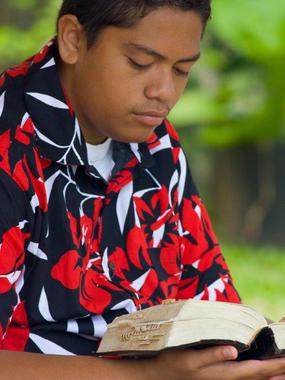
Elder D. Todd Christofferson: Religious Freedom 16
At the 2 July Freedom Celebration in Provo, Utah in the U.S., Elder Christofferson explained, there are concerted efforts to shame and intimidate believers who have traditional moral values and to suppress religious viewpoints and practices regarding marriage, family, gender and sexuality. Worst of all, government sometimes joins in these efforts.
Elder Christofferson reminded the audience that religious believers are entitled to freedom of speech.
He encouraged people of faith to stand up for religious freedom by becoming informed, speaking up and getting involved in cultural and civic organizations and to participate in their political parties.
“We live in challenging times. Religious freedom is indeed under fire. And things may get worse before they get better. But these are our times. This is our moment to defend our fundamental freedoms," he concluded. 16
Elder Dallin H. Oaks: Religious Freedom and Governments 17
In a speech at Oxford University in England on 9 June 2016, Elder Oaks said, “Although religious freedom is unknown in most of the world and threatened from secularism and extremism in the rest, I speak for the ideal in which the freedoms religion seeks to protect are God-given and inherent but are implemented through mutually complementary relationships with governments who seek the well-being of all their citizens.
“Consequently, a government should secure religious freedom for its citizens. As stated in article 18 of the U.N.’s influential Universal Declaration of Human Rights, ‘Everyone has the right to freedom of thought, conscience and religion; this right includes freedom to change his religion or belief, and freedom, either alone or in community with others and in public or private, to manifest his religion or belief in teaching, practice, worship and observance.’
“The complementary responsibilities of religion, through its adherents, are to observe the laws and respect the culture of the country that secures its freedoms. When religious freedoms are secured, such a response is a debt of gratitude gladly paid.” 17
Elder Quentin L. Cook: Religious Freedom and Faith 18
Elder Cook addressed students, faculty and staff at the Sydney campus of the University of Notre Dame Australia School of Law, a private Catholic university in Sydney, New South Wales, Australia, on Wednesday, May 27, 2015.
“My plea today is that all religions join together to defend faith and religious freedom in a manner that protects people of diverse faith as well as those of no faith,” said Elder Cook, who has a legal background. “We must not only protect our ability to profess our own religion but also protect the right of each religion to administer its own doctrines and laws.” 18
Elder Dallin H. Oaks: Governments and Religious Freedom 19
“A government should secure religious freedom for its citizens,” said Elder Oaks, an apostle of Jesus Christ and a former Utah Supreme Court judge and University of Chicago law professor.. Elder Oaks has been writing and speaking on religious freedom for more than 50 years.
Elder Oaks also said, “Prominent voices are challenging protections for religion," which he noted are included in Article 18 of the 1948 United Nation’s Universal Declaration of Human Rights.
"Other voices seek to marginalize religion and believers, such as by limiting religious freedom to teaching in churches, synagogues and mosques, while denying the exercise of religious beliefs in the public square."
Further, Elder Oaks said there are complementary responsibilities between governments and religions and that “Governments obviously have a right to expect obedience to laws and respect for culture.” 19
Read, listen to or view entire address:
4 Dallin H. Oaks: Faith and Opposition
5 Jeffrey R. Holland: Faith, Family and Freedom
6 Russell M. Nelson: Families and Children
7 M. Russell Ballard: Families
8 Ronald A. Rasband: Family, Sabbath Day, Religious Freedom
9 M. Russell Ballard: Families, Home and Family Councils
10 Henry B. Eyring: Marriage and Family
11 Jeffrey R. Holland: Marriage and Family
12 D. Todd Christofferson: Marriage and Family
13 Dieter F. Uchtdorf: Marriages, Families, and Values
14 D. Todd Christofferson: Marriage and Family
15 Elder Dallin H. Oaks: Protecting Religious Freedom
16 D. Todd Christofferson: Religious Freedom
17 Dallin H. Oaks: Religious Freedom and Governments